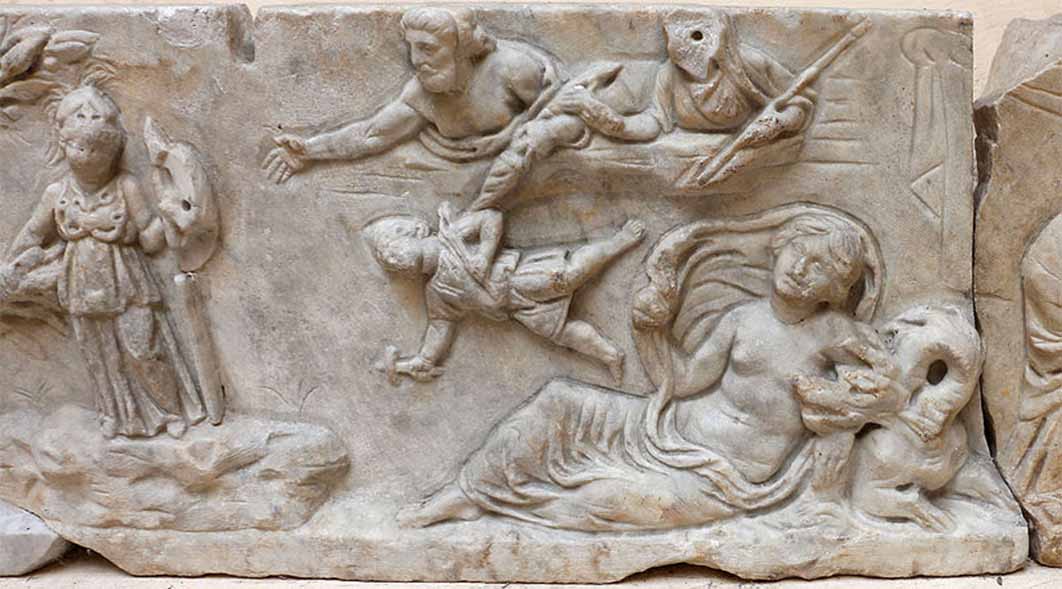Greek mythology is a rich tapestry of stories featuring powerful gods and goddesses, and one of the most intriguing figures in this pantheon is Hephaestus, the god of fire, blacksmiths, and craftsmen. Hephaestus’ birth story is a fascinating tale of family dynamics and divine ingenuity, and it has been recorded in the annals of Greek mythology.
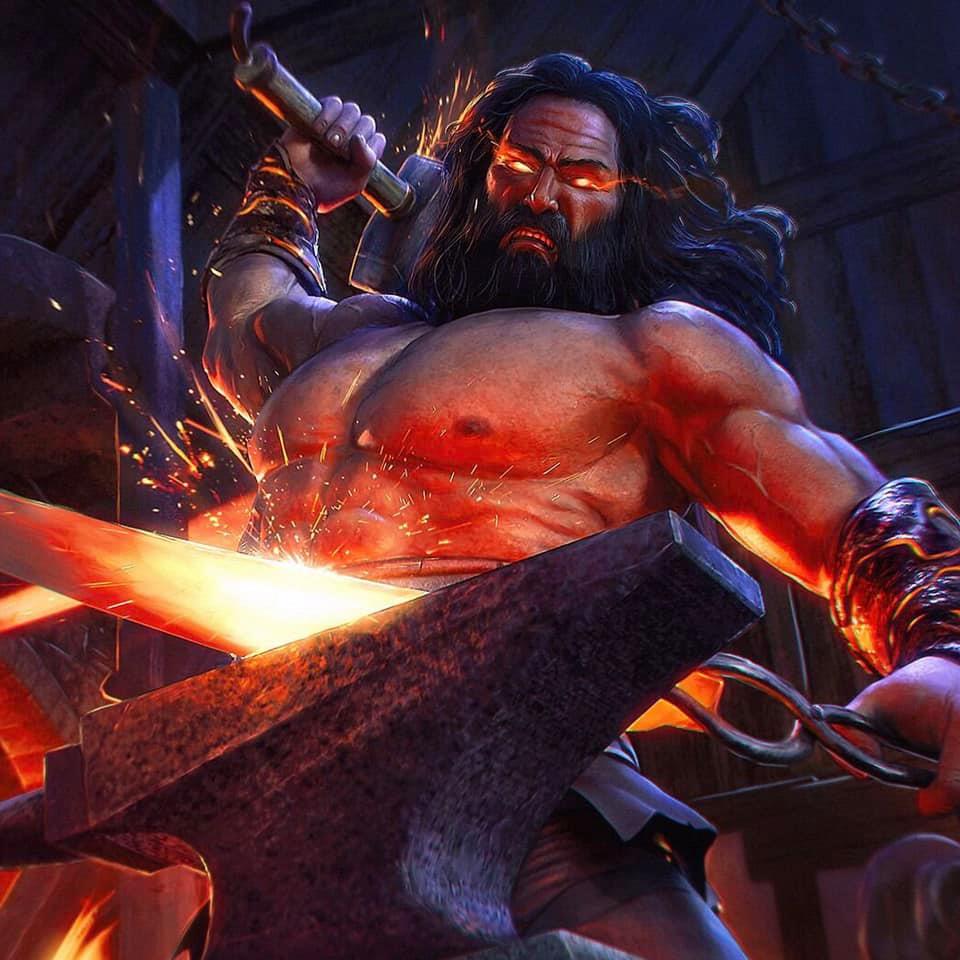
Hephaestus, also known as Vulcan in Roman mythology, was a unique figure among the Olympian gods. He was the son of Zeus, the king of the gods, and Hera, the queen of Olympus. However, Hephaestus was born with a physical deformity that set him apart from the other gods. Some versions of the myth describe him as lame or hunchbacked. Despite his physical challenges, Hephaestus possessed extraordinary skills as a blacksmith and craftsman. He was responsible for creating powerful weapons and exquisite works of art for the gods and mortals.
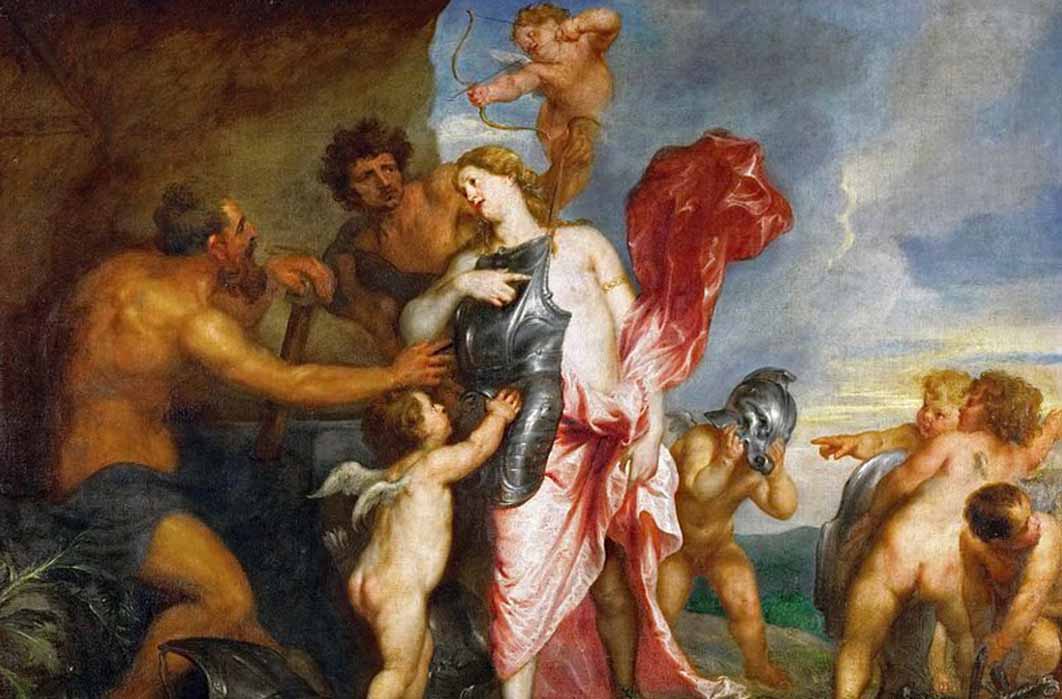
The story of Hephaestus’ birth is a testament to the complexities of divine relationships. According to Greek mythology, Hera, his mother, gave birth to Hephaestus without the involvement of a father. This immaculate conception was Hera’s response to her jealousy and anger towards Zeus, who had given birth to Athena on his own. Hera sought to prove that she too could bear a child without a partner. However, when Hephaestus was born with physical abnormalities, Hera was displeased and threw him from Mount Olympus, the realm of the gods.
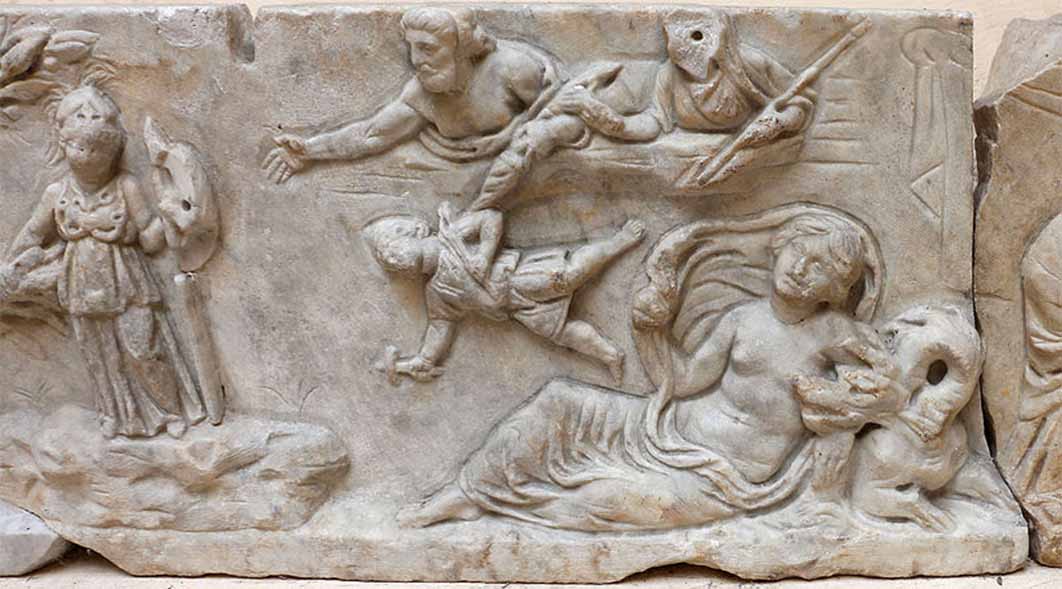
Hephaestus’s fall from Olympus was not the end of his story. He landed on the island of Lemnos, and it was there that he began his remarkable journey of self-discovery. In his isolation, Hephaestus honed his blacksmithing skills and became a master craftsman. He also crafted a throne that he sent to Hera as a gift. This throne, however, contained a concealed mechanism that trapped Hera when she sat on it. The other gods eventually persuaded Hephaestus to release Hera, and in return, he was welcomed back to Olympus.
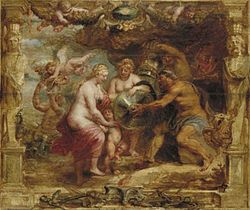
Hephaestus’ return to Olympus marked the beginning of his divine role as the god of fire and craftsmanship. He became known for his ability to forge powerful weapons, such as Zeus’ thunderbolts and Achilles’ armor. He was also responsible for creating magnificent jewelry and works of art. Hephaestus was often depicted as a skilled blacksmith with his trusty hammer and anvil.
The story of Hephaestus’ birth and his subsequent journey from being cast out of Olympus to becoming a revered god showcases the multifaceted nature of Greek mythology. It emphasizes the themes of family, resilience, and the transformative power of adversity. Hephaestus’ unique place among the gods as the divine blacksmith underscores the importance of his craftsmanship and the significance of fire in Greek mythology. The autographs recording the birth of Hephaestus remain an enduring part of the rich tapestry of Greek myths that continue to captivate our imagination to this day.

